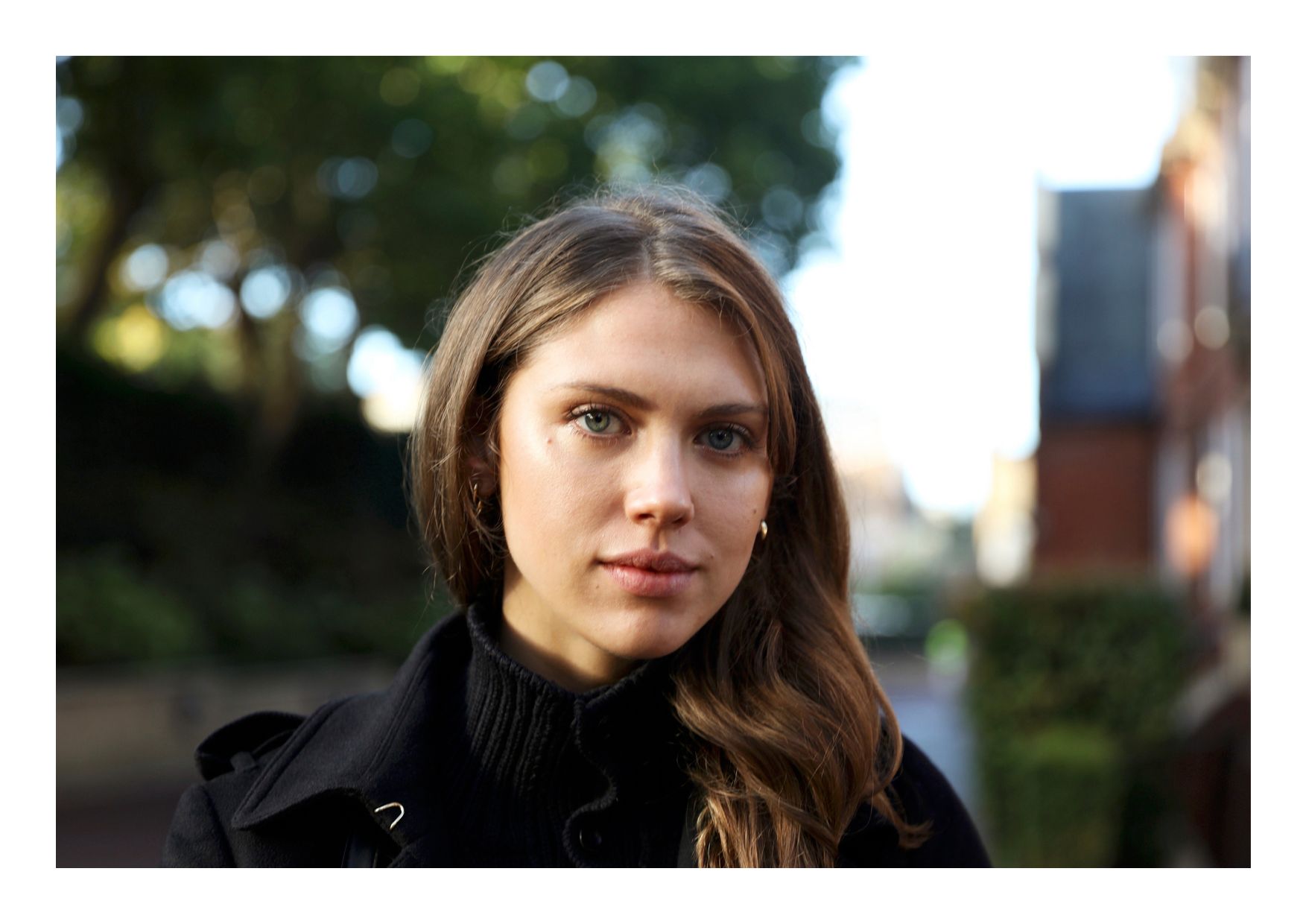
Sabrina Percy is a name that was once more synonymous with fashion illustration and the socialite scene than with radical psychological methodologies. However, for the last three years her professional life has been laser-focused on various psychological development techniques, with particular focus on the motivation element of Abraham Maslow’s self-actualisation theory and the social cognitive theory of Albert Bandura, among others. Having devoted three years of her life to becoming an Associate Certified Coach (ACC) accredited by the International Coaching Federation, she founded her company Centien in 2019 – devoting her life to helping others overcome blockages in both their personal and professional development. Here, she tells Collective Culture how we can all best aim for our ideal self, and explains how she overcame narrow definitions of her own self-worth to pivot her career path and become a member of The British Psychological Society's Division of Coaching Psychology and a fellow at the Institute of Coaching at McLean Hospital, Harvard Medical School affiliate.
How did your journey into psychology begin?
When I was young I was told I was dyslexic, and that I couldn’t do anything other than art. I really internalised that narrative. It was only about six years ago that I started to think that maybe there were other options. Deep inside me, I had this niggling feeling that there was more for me to do, and I had this sense that my drawings weren’t serving anyone. I started looking into cognition and dyslexia, and a bit of neuroscience, and felt like I completely opened up what was available to me. That happened when I was 25 years old, which is possibly a bit late, but it was an important realisation that you don’t have to accept a really strong narrative – one, that in my case, my entire social context had affirmed. As soon as I had the realisation it was possible to step outside of that, I basically wanted to become totally self-actualised – go for it a hundred percent. I wanted to find my purpose and clarify my mission, and then just spend the rest of my life living it. I feel extremely fortunate in the fact that I now adore what I'm doing. I love working with clients, and feel like every single thing I'm learning is completely stimulating.

How would you define self-actualisation?
I think self-actualisation is when someone achieves fullest potential and their truest self, and that is about being your truest self in the present moment of who you are now versus who you have been. It’s sort of about who you are without other stimuli input, and expressing what is the most authentic expression of that in the world. This present moment right now is when you're standing in front of your truth, and this present moment is the only moment that truly exists – the past is held in our minds, and the future is something still yet to come. The only real moment that you are ever living in is that small speck of present moment. I think to self-actualise correctly is all about your truest expression of yourself right now, and not being bound by notions like, well, my whole life was dedicated to this, so I don't feel that I can change it, or creating something that you had wished you were maybe three years ago.
What kinds of techniques can one employ to be truly present?
Presencing is a bit like a muscle, and kind of similar to willpower. I think it's possible for anyone to access presence, but it takes attention and practice to make it a regular thing – mindfulness is certainly a window into it. If you study mindfulness, and the practice around becoming who you are right now, separate to the emotions that you may be feeling, you are able to watch external stimuli without identifying with it, just as an observer. It is a practice that you sort of have to brain-train yourself into, because it is quite an ask for your brain, which wants to fire-off all over the place and think of multiple different things, to quiet down and just be present in nonjudgmental observation of the moment. I really love meditation, in that sense, because even if it does nothing else for a person, it engenders the ability to actually notice when we're thinking and bring us back to a neutral state again, and that is something that is going to serve you in pretty much all aspects of your life. Because in that moment you have complete agency over your thoughts and your state, which is incredible because if you can notice when you're thinking about something that's going to cause a negative action, you can you stop it in its tracks in the first 10 seconds.
Are there any quick techniques you would advise someone to explore who may be having difficulties becoming their best self?
I think it's sometimes useful to imagine that your future ideal self has come back and is standing next to you and is like, it's okay, you can do this, you've got this. I think that for some people it can be really helpful when they really don't feel like they have anyone else, because the only person in control when you envision your future ideal self is you. There are no rules to the universe and there is no one stopping you from imagining that, so it can give you immense strength. It can be a really powerful thing to just basically fall in love with the ideal person of who you're becoming every single day.